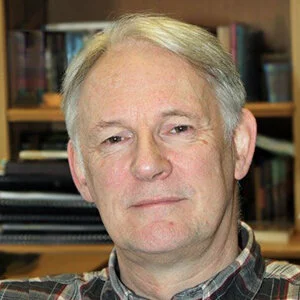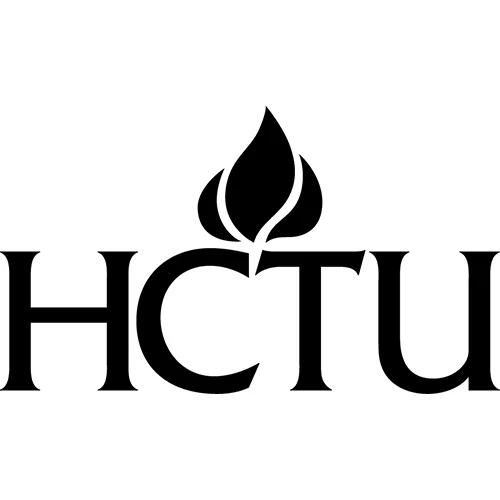A report live-blogged by Andy Naselli
The 2009 Kantzer Lectures in Revealed Theology by Dr. Stephen Williams
Williams is professor of systematic theology at Union Theological College in Belfast, Ireland. The title of the six-part series is “The Election of Grace: A Riddle without Resolution?” The second lecture in the series addresses “Barth on election integrated with Barth’s views on Mozart, Beethoven and Brahms.” (Update: Williams decided not to focus on Mozart, Beethoven, and Brahms, though he will mention Mozart at the end.)
This is also available via live stream.
*******
Introduction
- Bruce McCormack fired the first shot in “Grace and Being: The Role of God’s Gracious Election in Karl Barth’s Theological Ontology” in The Cambridge Companion to Karl Barth.
- Our question must be “What does Barth want to say?” Barth seems to say things that could be taken both for and against Bruce McCormack’s view. Paul Helm’s essay in Engaging with Barth: Contemporary Evangelical Critiques rightly exposes the insuperable difficulties in this regard.
Evaluating Barth’s View of Election
- Theologians have often disregarded warnings about speculation in dogmatics.
- However worthy Barth’s motivation for believing that God has elected all, his belief is not scripturally warranted.
- Barth treats election as part of the doctrine of God. He treats creation after election.
- Does any other theologian have the capacity for exasperating and enthralling his readers at the same time?
- The observation that some make of America also applies to Barth: no generalization about his work is correct, but anything you say about it is true about it somewhere.
- Barth’s view of election is problematic for at least two reasons: (1) it seems to depart from the way Scripture uses the term election, and (2) it is essentially universalism. It is true that Jesus Christ is called “the elect” in the NT, but the NT does not say that all people are elect in Christ. The NT restricts the elect to a subset of the whole.
- Barth is not a dogmatic universalist, but his scheme pushes him toward that. He entirely fails to protect himself properly against the accusation. He seems untroubled by dissonance between his own language and biblical language. Why? Barth’s firm rejection of natural theology gives us a clue.
- Barth loved Mozart, who for Barth is the musician of joy. Mozart let creation sing in contrast Beethoven and Brahms, who are somber at best.





Comments
Be the first one to make a comment!